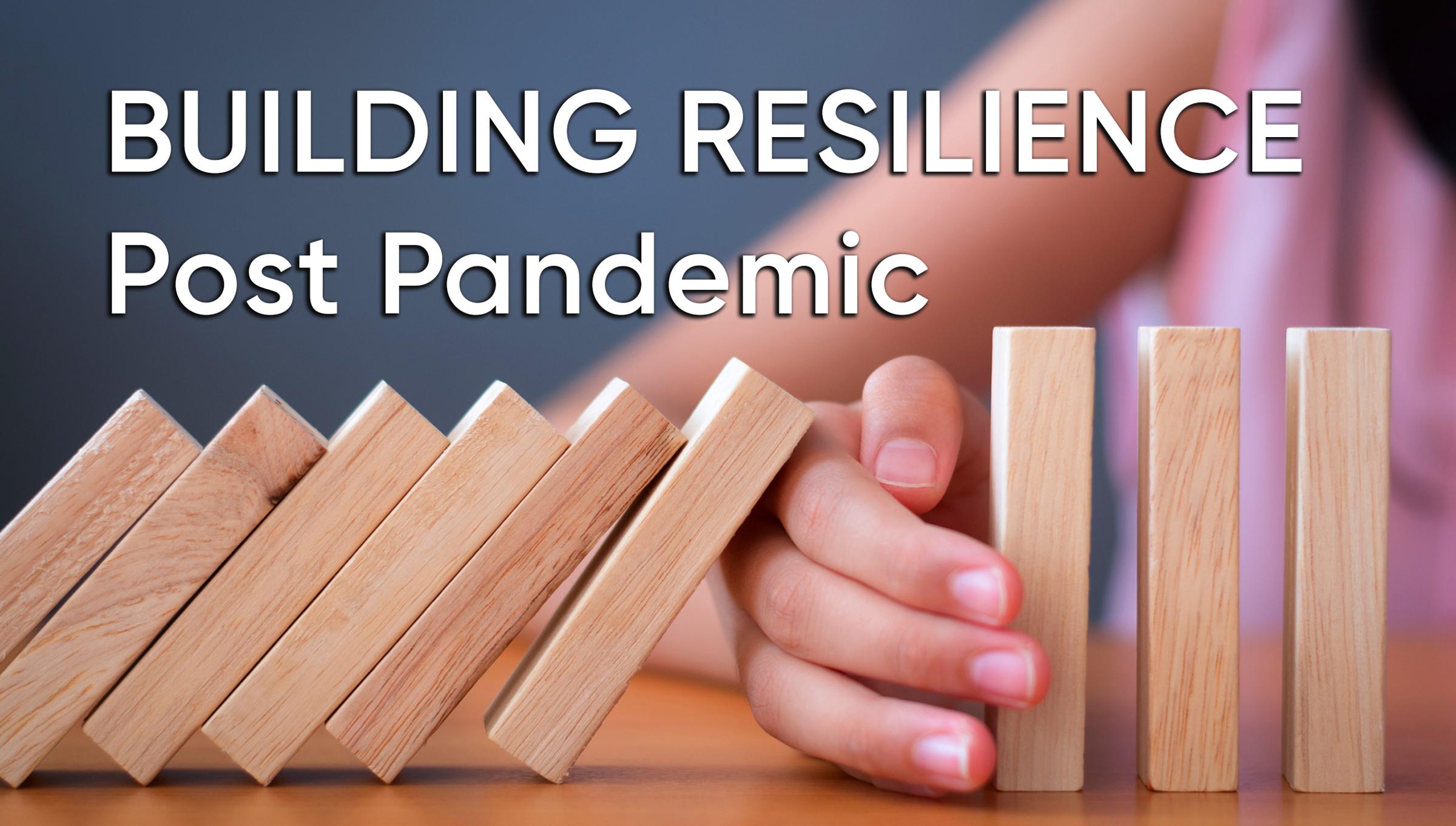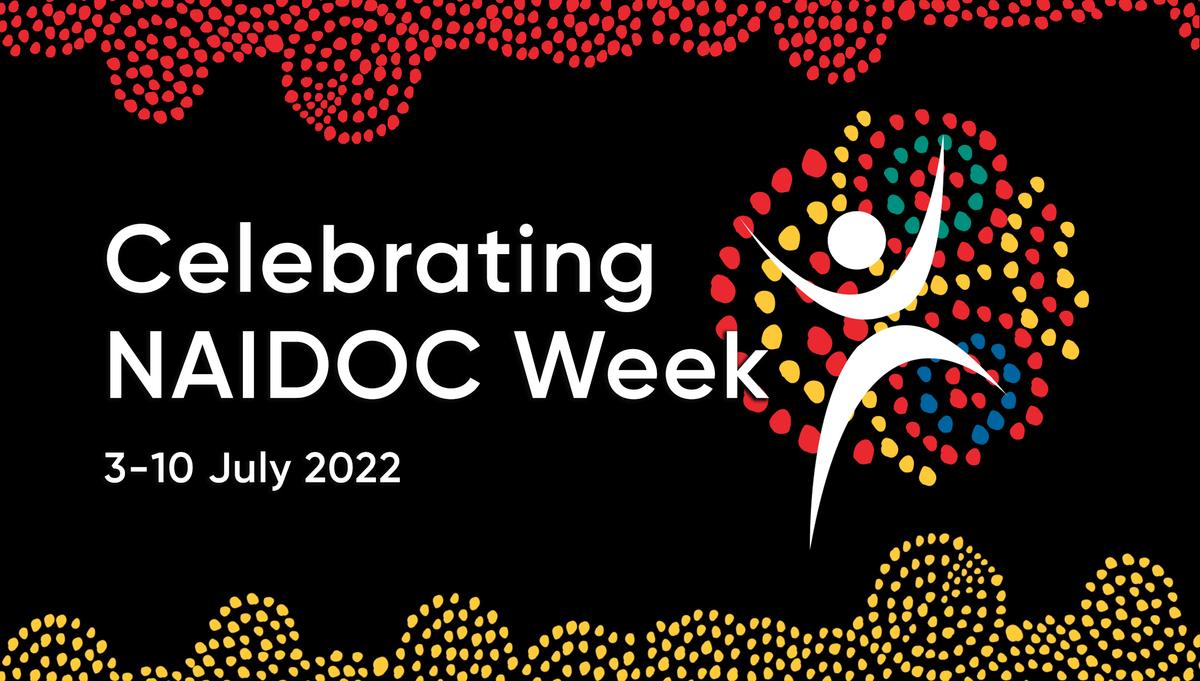Wellbeing

Building Resilience Post Pandemic
Unfortunately, the mental health of young people has been significantly impacted by the pandemic. As many families settle back into pre-COVID routines, there seems to be a pervasive sense of optimism about what lies ahead.
Unfortunately children and teens are not immune to what is now being termed the “psychological pandemic”. Young people are at risk of not achieving the primary demands of developmental tasks such as procuring independence, identity formation, as well as obtaining and maintaining peer relationships. What kids need most in the current environment is support, understanding, empathy and encouragement from caring adults. They live up or down to the expectations we set for them.
If there is a panacea to the adversity caused by the pandemic, then it is the building of resilience. Resilience is the capacity to face, overcome, be strengthened and transformed by adversity. Never before, have parents needed the skills, the knowledge and the strategies to build resilience in their children as much as they do now. There are 7 integral and interrelated components that make up being resilient that can help young people thrive and develop healthy coping strategies.
This Special Report explores the “7 C’s of Resilience” and includes suggested strategies on how adult carers can best facilitate them. We hope you take a moment to reflect on the information offered, and as always, we welcome your feedback. If this raises any concerns for you, a loved one or the wellbeing of your child, please seek medical or professional help.
Here is the link to the report: https://huntingtower.vic.schooltv.me/wellbeing_news/special-report-building-resilience-post-pandemic
Celebrating NAIDOC Week
NAIDOC week celebrates the history, culture and achievements of Aboriginal and Torres Strait Islander people. It is celebrated by all Australians and is a great opportunity to recognise and learn more about the history and culture of indigenous communities.
NAIDOC stands for National Aborigines and Islanders Day Observance Committee. Its origins can be traced back to the Aboriginal rights movement, when on Australia Day 1938, protestors marched through the streets of Sydney to highlight the status and treatment of Aboriginal and Torres Strait Islander Australians. Today, it is a week-long celebration held in July that consists of range of traditional and contemporary activities.
NAIDOC Week is an important event that helps build positive relationships between Aboriginal and non-Aboriginal people. It enables a deeper understanding of our differences and similarities. NAIDOC week is an opportunity for all Australians to eliminate bias and discrimination by reflecting and reconciling the wrongs of the past to facilitate hope and build a fairer future. Families are encouraged to join in and support young people in learning the significance of NAIDOC Week.
This Special Report offers suggestions on how families can celebrate NAIDOC Week together. We hope you take a moment to reflect on the information offered, and as always, we welcome your feedback. If this raises any concerns for you, a loved one or the wellbeing of your child, please seek medical or professional help.
Here is the link to the report: https://huntingtower.vic.schooltv.me/wellbeing_news/special-report-celebrating-naidoc-week
The Wellbeing Team

